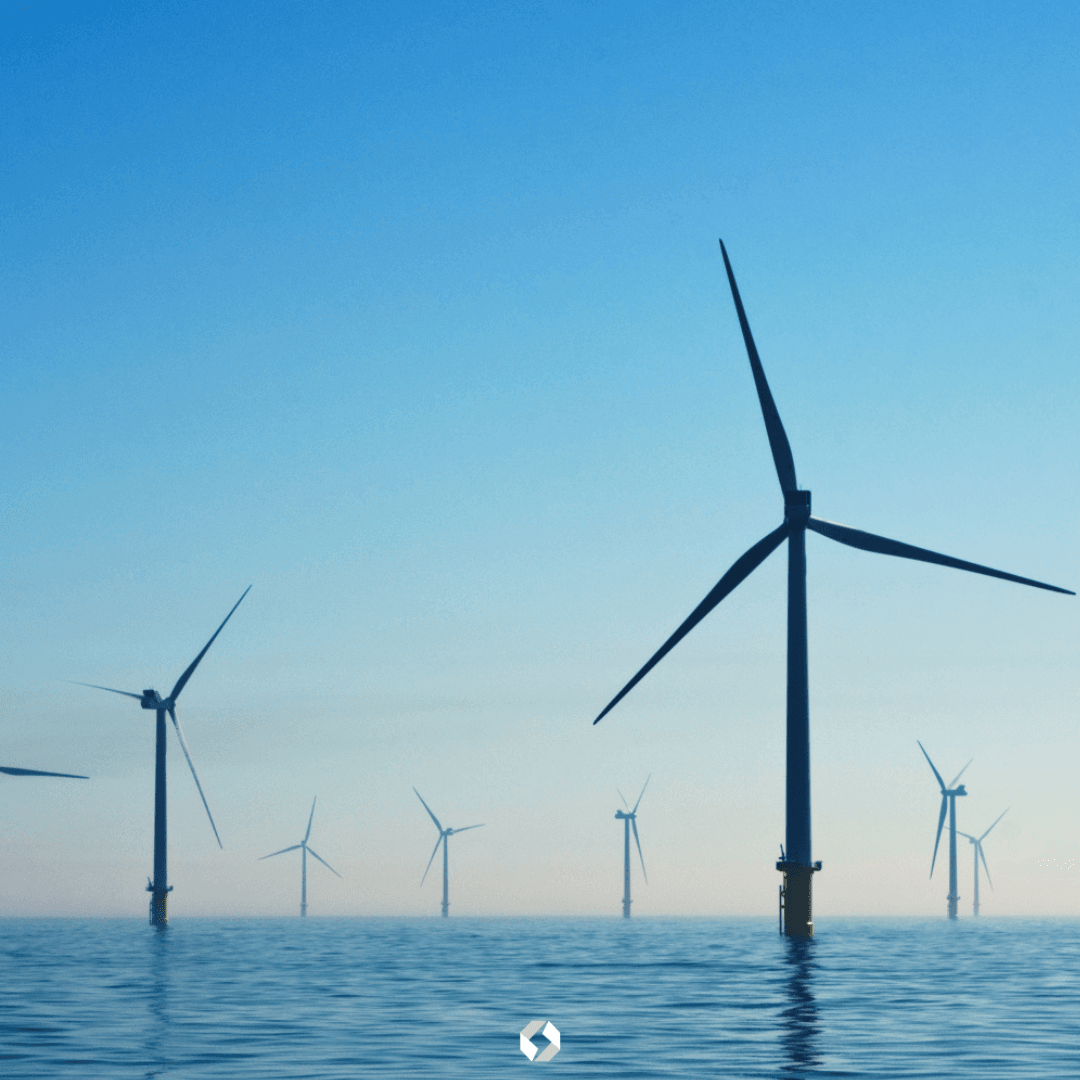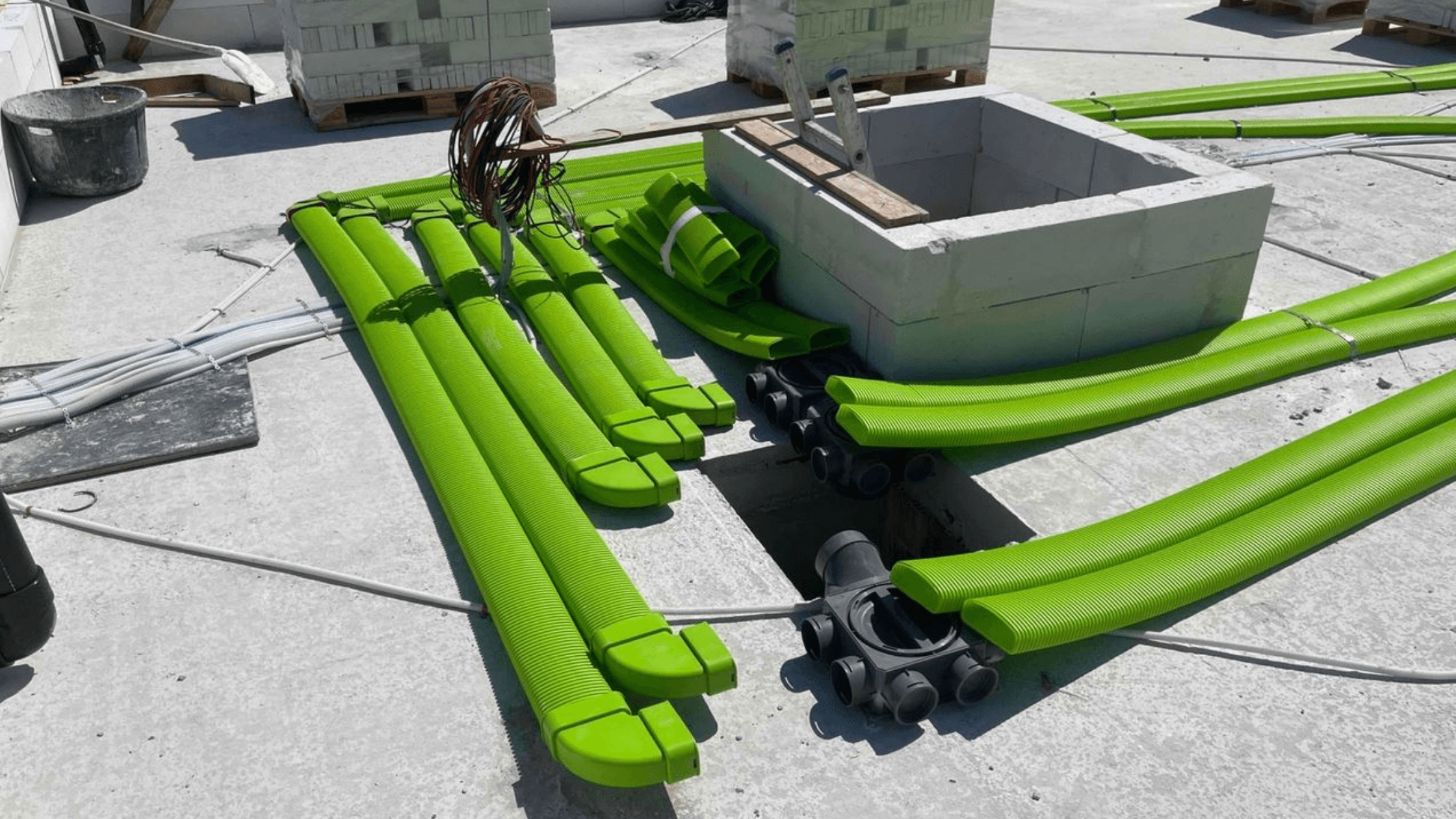Vandaag duiken we dieper in de recente overwinning van de PVV. We werpen een kritische blik op de mogelijke gevolgen voor de energietransitie. De politieke landschappen veranderen voortdurend en hebben directe invloed op de koers van belangrijke maatschappelijke kwesties. In dit geval stellen we de vraag: Wat betekent de winst van de PVV voor de energietransitie?
Hoe Zit het met de Energietransitie?
De PVV neemt historisch gezien een standpunt in dat zich kritisch verhoudt tot grootschalige initiatieven zoals de energietransitie. Met de recente verkiezingsoverwinning is het belangrijk om te onderzoeken hoe dit politieke succes de koers van de Nederlandse energieagenda kan beïnvloeden.
De energietransitie is een cruciale pijler in het streven naar een duurzame toekomst. Nederland heeft ambitieuze doelen gesteld om tegen 2050 volledig energieneutraal te zijn. Echter, de vraag rijst of deze doelen nog steeds haalbaar zijn. Er komt namelijk een partij aan de macht, die bekend staat om haar scepticisme ten opzichte van groene initiatieven.
Subsidies en Fossiele Brandstoffen onder de Loep
Een van de belangrijkste zorgen die naar voren komen, is de mogelijkheid van beleidswijzigingen. De PVV sprak zich in het verleden uit tegen subsidies voor hernieuwbare energie. Bovendien pleitte zij meermaals voor het behoud van fossiele brandstoffen. Als deze standpunten vertaald worden naar beleid, zou het de huidige stimulansen voor duurzame energieprojecten kunnen verminderen. Hierdoor wordt de transitie naar een groenere energiebron vertraagd.
PVV aan het Roer en Mondiale Duurzaamheid
Daarnaast is er de kwestie van internationale samenwerking. De energietransitie vereist een mondiale inspanning, aangezien klimaatverandering geen grenzen kent. Met de PVV aan het roer zou Nederland zich mogelijk meer terugtrekken uit internationale overeenkomsten en samenwerkingsverbanden op het gebied van duurzaamheid. Dit kan de efficiëntie van wereldwijde initiatieven belemmeren en de druk op andere landen vergroten.
Interne Nuances van de PVV: Gematigde Geluiden binnen de Partij?
Het is echter belangrijk om ook nuances aan te brengen. De PVV is niet een homogene entiteit, en er zijn leden binnen de partij die zich bewust zijn van de urgentie van klimaatverandering. Het is mogelijk dat de interne debatten binnen de partij resulteren in een meer gematigd standpunt ten aanzien van duurzaamheid.
Burgerparticipatie en Duurzaamheidsdoelen: Een Kwestie van Dialoog
Desondanks moeten we waakzaam blijven en als samenleving actief blijven deelnemen aan het vormgeven van het energiebeleid. Het is van cruciaal belang dat de stem van milieubewuste burgers wordt gehoord en dat er een dialoog wordt gevoerd over hoe Nederland zijn duurzaamheidsdoelen kan bereiken, ongeacht de politieke verschuivingen.
Invloed op Investeringen: Onzekerheid en Groene Technologie
Een ander aspect dat we moeten overwegen, is de invloed op investeringen in groene technologieën. De onzekerheid die kan ontstaan door veranderingen in beleid kan investeerders afschrikken. Dit zou op zijn beurt de groei van duurzame energieprojecten kunnen vertragen, aangezien financiële steun vaak cruciaal is in de beginfase van dergelijke initiatieven.
Balanceren tussen Politieke Realiteit en Duurzame Toekomst
In conclusie is de impact van de PVV op de energietransitie een complex vraagstuk. Het is van essentieel belang dat we blijven streven naar een duurzame toekomst en ervoor zorgen dat politieke verschuivingen niet ten koste gaan van deze langetermijndoelen. De uitdaging ligt in het vinden van een evenwicht tussen politieke realiteiten en de noodzaak om de planeet te beschermen voor toekomstige generaties.
In deze turbulente tijden is het imperatief dat we als samenleving vasthouden aan onze collectieve verantwoordelijkheid voor het milieu. Wat de politieke toekomst ook mag brengen, de energietransitie blijft een hoeksteen van een duurzame en veerkrachtige samenleving.






